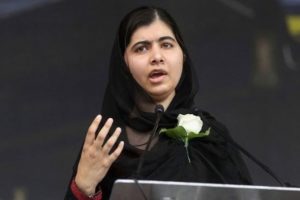The Supreme Court on Monday agreed to consider former BJP leader and RSS ideologue Govindacharya’s plea seeking live streaming and audio recording of the on-going proceedings in the Ram Janmabhoomi-Babri Masjid dispute case and asked the registry to file a report on whether it can be done.
However, the Muslim parties in the dispute have opposed the petition. As per the plea, if none of these facilities can be arranged, the apex court should at least prepare the transcripts of the proceedings for record. The transcripts can be released online later.
Advertisement
The Ayodhya land dispute case is currently being heard by a five-judge constitution bench headed by the Chief Justice.
In his plea, Govindacharya cited the Supreme Court’s September 2018 ruling that court proceedings in the country can be live streamed. The ruling came on a petition filed by the think-tank, Centre for Accountability and Systemic Change (CASC).
According to the petition, despite around a year having gone by, the implementation of the apex court’s ruling was yet to be implemented.
Govindacharya, in his petition, said, “This case is a matter of national importance. There are crores of persons, including the petitioner, who want to witness proceedings before this court, but cannot do the same due to the present norms in the Supreme Court.”
He said that people were desperate for early justice in the Ram Temple case, as Lord Ram had been kept in a makeshift structure for the past many years. “This matter has been pending in the Supreme Court for the last nine years, and the public at large is interested in knowing the reasons behind the delay in deciding the cases,” the petitioner added.
Govindacharya also said that as a digital super power, India has the means to arrange for live streaming of the Ayodhya case hearings.
This is not the first time that the RSS member has made this request. Last month, when the top court begun its day-to-day hearing on the case, it turned down former BJP leader’s plea seeking live streaming or audio/video recording of the day-to-day proceedings in the case. The bench comprising Justices SA Bobde and BR Gavai had said, “We don’t know if we have equipment for live streaming or recording of proceedings.”
The Ram Janmabhoomi-Babri Masjid land dispute involves 2.77 acres of land in Ayodhya, where a 16th Century mosque allegedly built by Mughal emperor Babur stood. In December 1992, the mosque was demolished by Hindu activists who believed that it was built on the ruins of a temple that marked the birthplace of Lord Ram. The incident sparked riots across the country leading to death of almost 2,000 people.











